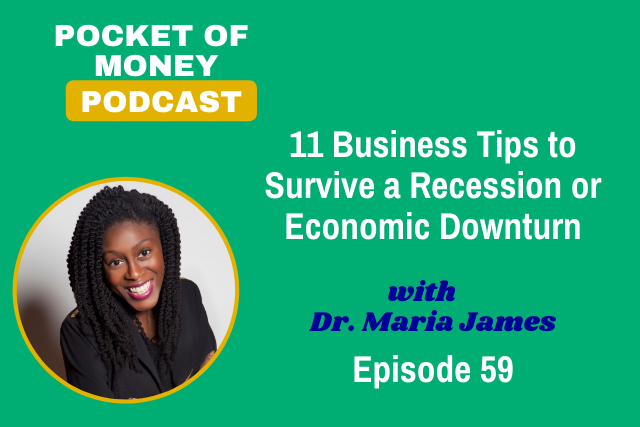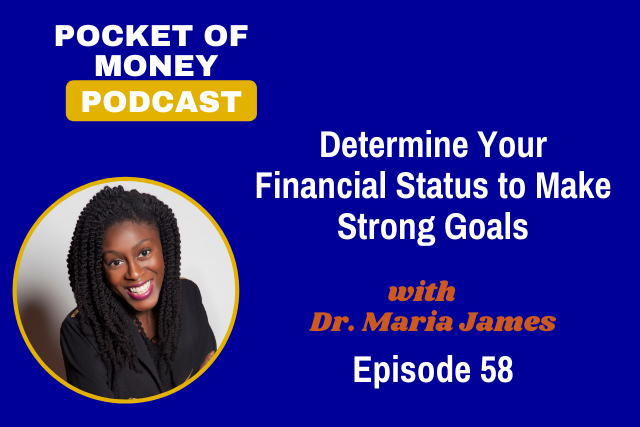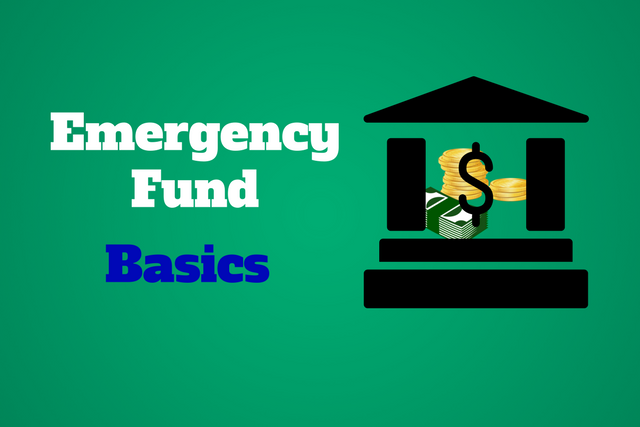Top Money Tips for Your Age Part 1: Money in Your 20s

I often see and hear people ask questions such as, “what should I be doing with money?” There are good actions to take with your money at specific ages in order to reach financial goals and establish financial security. Financial management skills are important for the day to day income as well as any large sum of money you may acquire.
Building wealth is a long term game. If you’re taking the right actions with your money throughout the years you will achieve financial freedom and financial security. Over the next few articles I will go through what you should be doing with your money at various ages. I’ll start with the 20s. If you haven’t started or accomplished the steps from a previous decade now may be a great time to back track and increase your financial fitness.
Top Money Tips in Your 20s
During this decade of your life, you’re go through many significant financial changes. You may have your first real full-time job, need professional clothing to go along with said job, student loan repayment is kicking in etc. Here’s what you or your college graduate should be doing to get off on the right foot.
1) Create a spending plan to get a handle on all those new expenses. See this previous post on how to create a budget. To keep it simple, write your income at the top of a sheet of paper. Then write out all expenses. For non-fixed expenses (can vary every month) come up with a reasonable number as to how much you should spend on that category. For example, the amount you spend on food will vary but you can set it at $150 per month and try to spend $150 or less. Monitor where your money is going in order to stay on track with your spending plan.
2) Plan for the repayment of your student loans (see this post). You get a grace period of approximately six months and then the lender wants their money. Account for your student loan payment in your spending plan even though you’re not required to pay it back yet. You won’t miss that money if you’re already taking it out of your check. You can start early payments (make sure there is no penalty for this with your lender) or set it aside in a savings account for when you start your loan payments.
3) Put aside at least $500 – $1,000 as an emergency fund then focus on purchasing necessary items for work and paying down your debt. Once you have a little stashed away you can take care of those new expenses and aggressively start paying down any credit card debt and then student loans.
4) Keep your expenses as low as possible. I know you’re tired of living like a broke college student. You want an upgrade. As stated above some new expenses are unavoidable, but if you can keep your other expenses as low as possible you’ll be in a better position to conquer student loan debt.
5) Start a 401(k) or whatever the equivalent is at your job. If needed start contributing a small percentage (1-5%) of your salary then slowly increase that percentage until you are maxing out your contribution. The maximum amount you can add to your 401(k) is $17,500.
Next money tips for your 30s.
Leave your comments below and reach us on Facebook and Twitter.
Photo Credit: Ed Yourdon







Responses